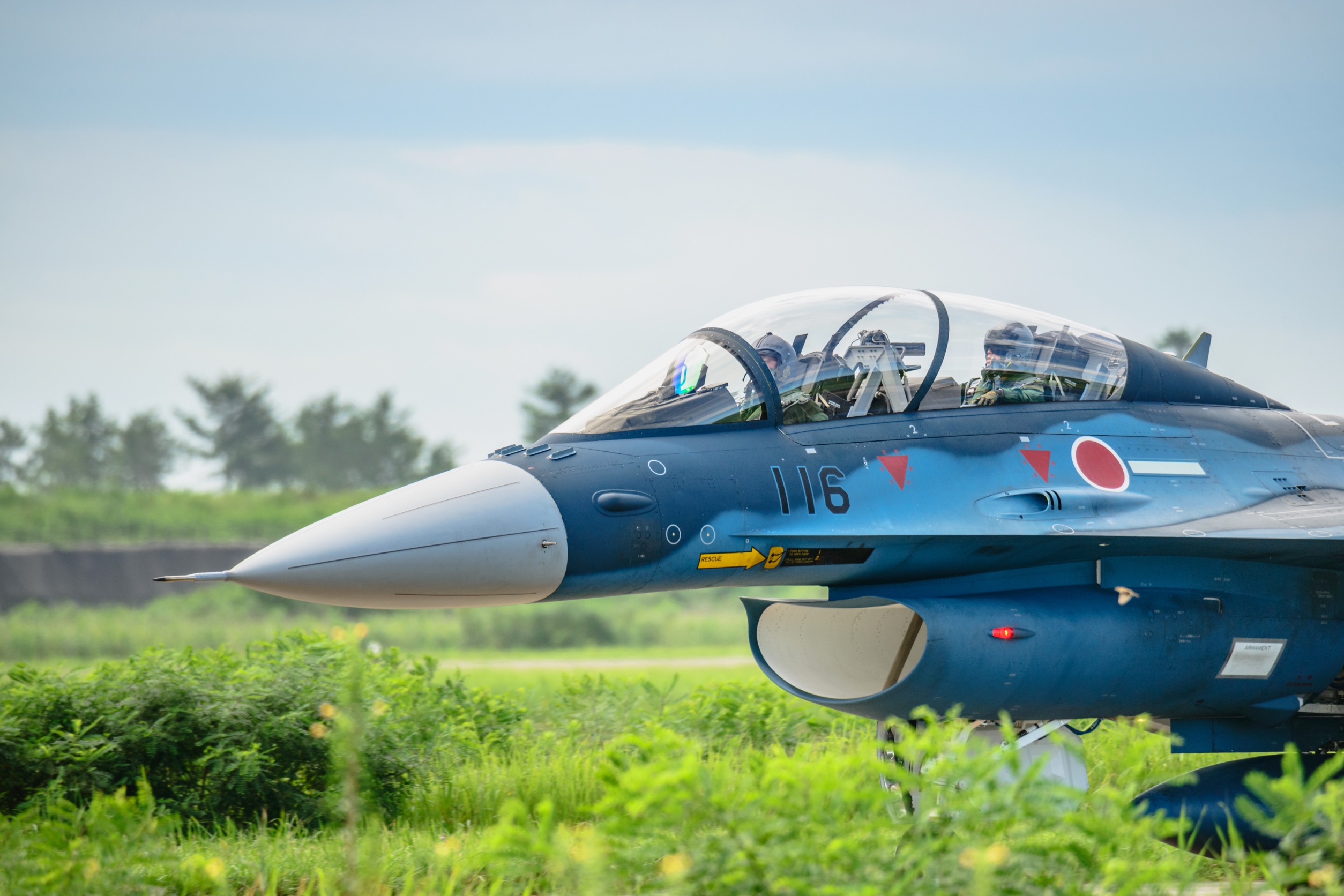Does Japan have a military?

Does Japan have a military?
Yes, Japan has a military force known as the Japan Self-Defense Forces (JSDF).
Japan’s constitution does not allow the country to have a military but by changing the interpretation of the particular clause related to banning of having a military, Japan made it possible to have a military of its own and calls it Self Defense Forces.
The JSDF is different from traditional military forces as it was established under Japan’s post-World War II Constitution, which renounces war and prohibits Japan from maintaining military forces for the purpose of aggression. The JSDF is primarily focused on self-defense and peacekeeping activities, and its activities are restricted to the defense of Japan and its territories. The JSDF is comprised of three branches: the Ground Self-Defense Force (GSDF), the Maritime Self-Defense Force (MSDF), and the Air Self-Defense Force (ASDF).
One of the largest military forces in the world
The JSDF is one of the largest military forces in the world, with approximately 247,000 active-duty personnel as of 2021. Its primary role is to protect Japan and its territories from external threats, such as North Korea and China, and to assist in disaster relief efforts. The JSDF also participates in international peacekeeping operations, and has been involved in UN peacekeeping missions in countries such as Cambodia, East Timor, and South Sudan.
The JSDF is governed by the Japanese government, and its activities are subject to strict legal and constitutional constraints. Japan’s pacifist Constitution, which was adopted after World War II, renounces war as a sovereign right of the nation and prohibits Japan from maintaining military forces for the purpose of aggression. This means that the JSDF is not allowed to engage in offensive military operations or to use force to settle international disputes.
Despite these restrictions, the JSDF has been gradually expanding its capabilities in recent years, including the development of new military equipment and the acquisition of new capabilities such as amphibious assault and cyber defense. However, any changes to Japan’s military posture remain a sensitive issue in Japan, and any significant changes to the JSDF’s capabilities would require a revision to Japan’s Constitution.
The JSDF has a significant role in Japan’s defense and security, and its activities are closely monitored by the government, the media, and the public. Here are some additional details about the JSDF:
- Structure: The JSDF is structured into three branches, as I mentioned earlier: the Ground Self-Defense Force (GSDF), the Maritime Self-Defense Force (MSDF), and the Air Self-Defense Force (ASDF). Each branch is responsible for different aspects of Japan’s defense, and they all work together to protect Japan’s airspace, territorial waters, and land.
- Budget: The JSDF is funded by the Japanese government, and its budget has been steadily increasing in recent years. In fiscal year 2021, the JSDF’s budget was approximately 5.34 trillion yen (about $47.5 billion USD), which is a record high. The budget is used to pay for salaries, equipment, training, and other expenses related to the JSDF’s operations.
- Equipment: The JSDF uses a range of equipment, including tanks, artillery, helicopters, fighter jets, and naval vessels. In recent years, the JSDF has been acquiring new capabilities such as amphibious assault vehicles and cyber defense systems, as well as upgrading its existing equipment to improve its capabilities.
- International cooperation: The JSDF has been increasingly active in international cooperation and peacekeeping missions in recent years. Japan has signed agreements with other countries to allow the JSDF to participate in joint military exercises and to share intelligence, and the JSDF has also been involved in disaster relief efforts in other countries.
- Constitutional constraints: As mentioned earlier, Japan’s Constitution places significant constraints on the JSDF’s activities. Japan’s pacifist stance has been a subject of debate and controversy in Japan, with some arguing that the Constitution should be revised to allow for a more robust military capability, while others argue that Japan’s pacifist stance is an important part of its identity and should be preserved.










